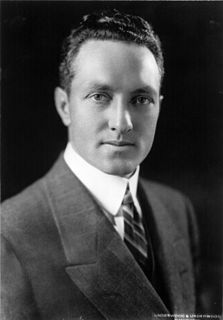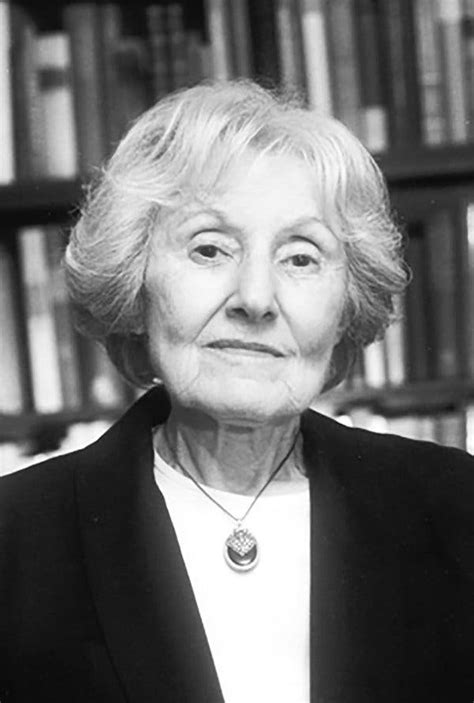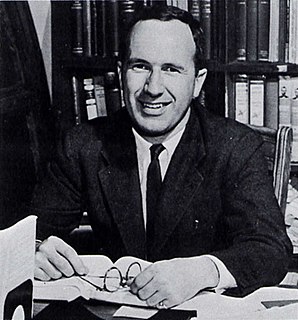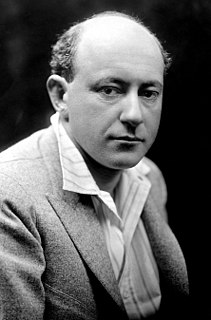A Quote by Robert Green Ingersoll
Liberty is the condition of progress. Without Liberty, there remains only barbarism. Without Liberty, there can be no civilization.
Related Quotes
The distinguishing part of our constitution is its liberty. To preserve that liberty inviolate, is the peculiar duty and proper trust of a member of the house of commons. But the liberty, the only liberty I mean, is a liberty connected with order, and that not only exists with order and virtue, but cannot exist at all without them. It inheres in good and steady government, as in its substance and vital principle.
There is not a truth to be gathered from history more certain, or more momentous, than this: that civil liberty cannot long be separated from religious liberty without danger, and ultimately without destruction to both. Wherever religious liberty exists, it will, first or last, bring in and establish political liberty.
The issue of religious liberty is absolutely critical. America was founded on three different types of liberty: political liberty, economic liberty, and religious and civil liberty. It's remarkable that, one-by-one, these strands of liberty are coming under fierce attack from the Left. And that's particularly ironic because "liberal" derives from a word which means "liberty," the free man as opposed to the slave. This liberalism which we're saddled with today isn't a real liberalism at all, but a gangster style of politics masquerading as liberalism.
Anarchism is for liberty, and neither for nor against anything else. Anarchy is the mother of co-operation, yes, just as liberty is the mother of order; but, as a matter of definition, liberty is not order nor is Anarchism co-operation. I define Anarchism as the belief in the greatest amount of liberty compatible with equality of liberty; or, in other words, as the belief in every liberty except the liberty to invade.
The essence of Vanderbilt is still learning, the essence of its outlook is still liberty, and liberty and learning will be and must be the touchstones of Vanderbilt University and of any free university in this country or the world. I say two touchstones, yet they are almost inseparable, inseparable if not indistinguishable, for liberty without learning is always in peril, and learning without liberty is always in vain.
As liberty of thought is absolute, so is liberty of speech, which is 'inseparable' from the liberty of thought. Liberty of speech, moreover, is essential not only for its own sake but for the sake of truth, which requires absolute liberty for the utterance of unpopular and even demonstrably false opinions.
Freedom cannot always continue in comfort and convenience, cannot be assured without sacrifice, without truth and decency, without willingness to work, without downright honesty and honor, and readiness to keep the commandments and live within the law...there is no liberty without a real respect for law; no liberty if we forget God, or fail to remember the principles on which freedom is founded.




































